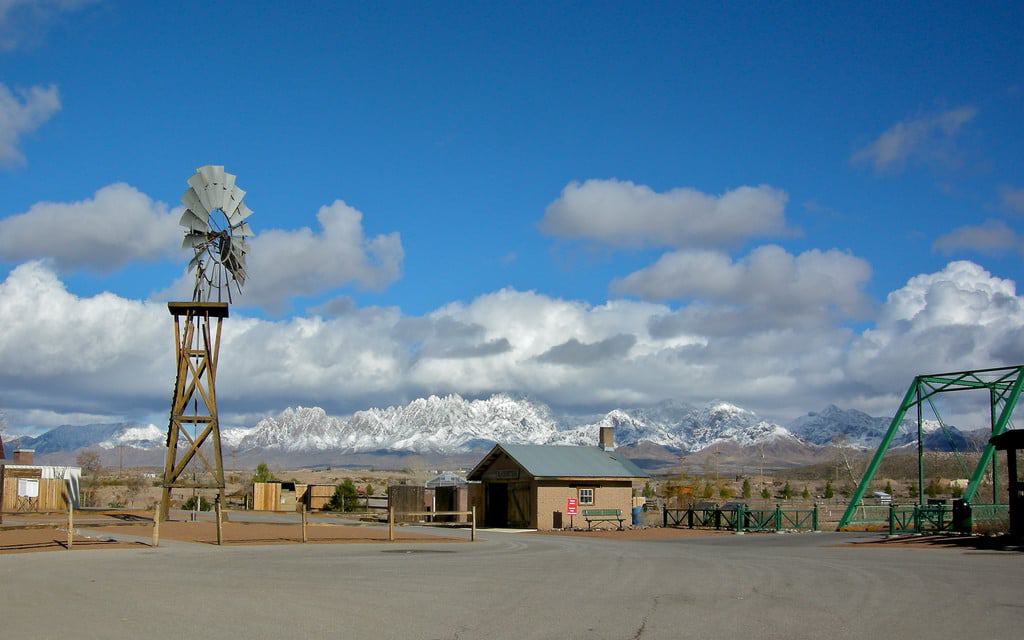

Verne thought this may be the way the future was going to pan out. The connections in the world at that time were really quite unusual.

“I think he was interested that countries were going to be brought closer together, people are going to meet each other. You could move around the world, it wasn’t dangerous, there weren’t going to be that many obstructions. It wasn’t just the west that had the technology, there were trains across India and China, huge ships that went across the Pacific and the Atlantic – at a time when the world was relatively peaceful.

“The other thing Jules Verne was celebrating was that the world was opening up. “Jules Verne was a great celebrant of progress,” Palin says, “especially progress in machinery, the idea that trains and boats could take you faster around the world than ever before. Palin read modern history at Oxford before he got sidetracked by revolutionising comedy. I have to thank Jules Verne for starting a whole new career for me.” It was nice being asked to do something about stories I’d enjoyed so much when I was young. “I used to read them in an edition called Classics Illustrated, sort of graphic comics, really.
80 days from now full#
“Being Fogg was not my idea, and I was chosen after many others had turned it down.” Fogg refusers included Alan Whicker and Noel Edmonds, but the job represented the completion of a full circle for Palin, who grew up devouring Verne’s stories. “Well, I’ve always felt that if you’re not careful, what turns out to be a nice little hook for a programme turns you into the world authority,” Palin says.

Who better to serve as Passepartout as we explore the notion of going around the world in 80 days today? The resulting documentary, screened the following year, was wildly popular and turned Palin into the consummate Englishman abroad. That’s when ex-Python Michael Palin was recruited by the BBC to follow in Fogg’s footsteps. It’s certainly more difficult than it was in 1988. Leaving aside the fact that you could do the trip by plane in 36 hours – or about 90 minutes if you happen to be in the International Space Station – traversing the globe over land and sea is as much a challenge in 2022 as it would have been in 1872. Our international connectedness and interdependence led to all our lives being put on hold. Moving around has become fundamental to our lives, whether we’re the ones going places or it’s food and goods being delivered to us.Īs we approach the anniversary of Fogg’s expedition, the aspects Verne celebrated in his story became the roots of conflicts and crises, grown more apparent today than they’ve ever been. Lockdowns couldn’t contain a global population that depends on travel to work or visit spread-out families. But frequent flying has fuelled the climate crisis. We’ve all become world travellers, able to jet off on a jolly holiday whenever and wherever we like, depending on our budget. The race to secure resources has led countries to meddle in each other’s affairs if their own economic interests are threatened. Factories are built where environmental regulations are less strict. Goods are manufactured wherever labour is easiest to exploit. International travel and trade have created unprecedented wealth while intensifying desperate poverty. One hundred and fifty years on, being able to travel around the world has changed the world. His journey was fictional, but not fanciful.įrench author Jules Verne was fascinated by the fantastical, but unlike previous books where characters journeyed to the centre of the earth or 20,000 leagues under the sea, Fogg’s voyage showcased how technology – specifically the steam engine – was shrinking the world, bringing people and cultures closer together. On October 2, 1872, Phileas Fogg set off from the Reform Club in London to circumnavigate the world in 80 days.


 0 kommentar(er)
0 kommentar(er)
